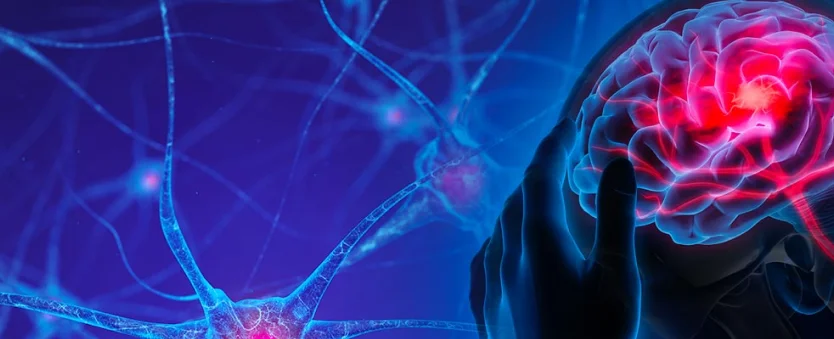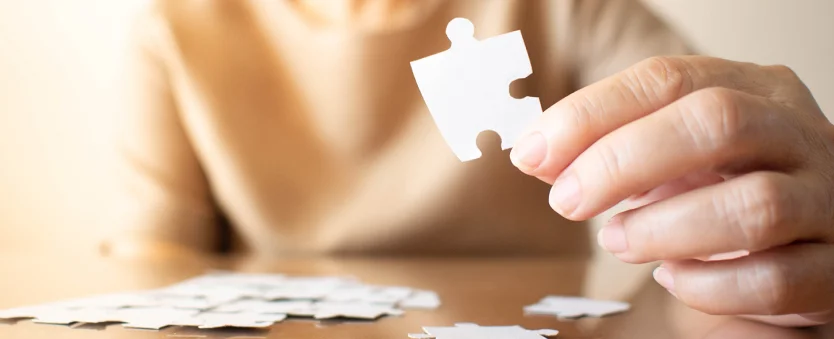Care for People with Acquired Brain Injury

Heike @ Mind your Brain provides brain injury rehabilitation services to people whose quality of life has been compromised by brain injury (e.g. traumatic brain injury including concussion, brain tumors, brain infection, chemobrain), or by conditions that have been shown to affect brain functioning (e.g. Multiple Sclerosis, Parkinson’s Disease, mild cognitive impairment, dementia, stroke, depression). Therapeutic interventions can include either one or both components: cognitive rehabilitation interventions and emotional counselling, based on your presenting needs and what is relevant to you. The goal of treatment/ counselling is always successful functioning in everyday life, thereby improving a client’s quality of life.
What is Cognitive Rehabilitation, and how can it be utilized to help people with brain injury?

There is scientific evidence available to support the use of cognitive rehabilitation treatment in acquired brain injury as well as in aging conditions (e.g. stroke) see for example Effectiveness of cog rehab after acquired brain injury meta-analysis 2009 and CRT in Aging nr 2 2007.
Cognitive rehabilitation refers to a set of interventions that collectively are geared to alleviate thinking difficulties after traumatic brain injury such as slowed thinking, decreased ability to concentrate, remember information, plan, organize, and multitask, and difficulties learning new information, all of which can interfere with everyday life and decrease emotional well-being due to the experience of increased stress. Experiencing such difficulties can be scary and devastating, and the social isolation that follows can lead to mental health issues such as depression. Therefore, cognitive rehabilitation interventions include education and counselling services to also deal with the ensuing psychological difficulties. The goal of cognitive rehabilitation is to maximize safety, daily functioning, independence, and quality of life. The ultimate goal of this type of acquired brain injury rehabilitation then aims at achieving significant and measurable improvements that enable individuals to enjoy a more productive and satisfying life by ameliorating cognitive and associated mental and emotional difficulties.
Cognitive rehabilitation interventions are evidence-based, will be tailored to your specific needs, and may include:
Remediation of cognitive difficulties employing cognitive exercises (also known as Process Training),
Compensation of cognitive and behavioural limitations via teaching cognitive strategies including functional activity training (also known as Strategy Training),
Education regarding cognitive functions to assist clients to understand their strengths and weaknesses with the goal of learning to develop appropriate strategies
Counselling to support clients in managing their behavioural and emotional challenges due to the injury,
If you would like to read more about how this translates into a session,Click here
Assessment such as symptom exploration is an integral part of cognitive rehabilitation services to ensure that the provided interventions are targeted to the needs of the individual.
How do I know whether Services provided by ‘Mind your Brain’ can help me?
To help you answer this question, I have embedded a youtube videos on the topic of brain injury, ‘Do I have a Brain Injury? And what can I do About It?‘ from the Brain Injury Research Center of Mount Sinai)
For people, whose thinking ability/ memory functioning has been compromised through a brain insult (e.g. acquired brain injury including concussion, drowning, brain surgery, brain infection) or following a diagnosis of medical/ neurodegenerative disease (e.g. Parkinson’s Disease, Multiple Sclerosis, dementia, mild cognitive impairment, stroke), life can become a daily struggle. Tasks like being at an important appointment at the right time can be daunting for a variety of reasons. These reasons can range from simply forgetting the appointment to getting confused with directions or which way to turn when leaving the appointment to go home. Cognitive difficulties might also show up in daily life as being overwhelmed by too much information. Examples include feeling overwhelmed by the number of items in the grocery store aisle when you want to find a specific product; difficulties planning and organizing a task or errands because it involves too many things to consider, or just simply filling out a form; making too many errors; or just not being able to stay on a task because you either cannot concentrate for as long as the task requires or because of distractibility. These are just a few examples of the myriad of daily difficulties that people experience when their cognition has been compromised.
In addition, people and/ or their loved ones often do not know what specific causal factors underlie these everyday difficulties, resulting in dysfunctional strategy utilization. The consequence is confusion, an increased level of stress, and other emotional difficulties such as irritability, frustration, or impulsivity. All of these can lead to decreased motivation to go out in public or meet friends because of the worries and fear that come with not knowing how to solve the problem effectively and successfully, resulting in turn in depression and anxiety.
It is for these reasons that cognitive difficulties following brain insults (e.g. traumatic brain injuries) are often cited as the “greatest barrier” for people to return to work, school, home, and normal life.
The social isolation that comes with the difficulty to address and eradicate these everyday struggles can result in the downward spiral or a vicious cycle that is difficult to escape without outside help!
At Mind your Brain, Heike can help you and your loved ones understand why these everyday difficulties are happening and how, despite so much energy invested in staying ahead of the difficulties, the problems continue to keep your life a daily struggle.
And, of course, Heike will teach you how to address these difficulties through, for example, teaching you how to utilize cognitive exercises as well as strategies efficiently, effectively, and successfully. At the same time, Heike will provide you with the emotional support and guidance throughout your journey towards reaching your optimal level of functioning and, with it, improve your quality of life.
Summary
- Service Type Care for people with acquired brain injury
- Provider NameMind your Brain,
400-601 West Broadway,BC-V5C 4C2 ,Telephone No.16048027291 - Area British Columbia incl Greater Vancouver, and Yukon
- DescriptionTherapeutic care for people with acquired brain injury


 Cognitive aging/ cognitive health
Cognitive aging/ cognitive health